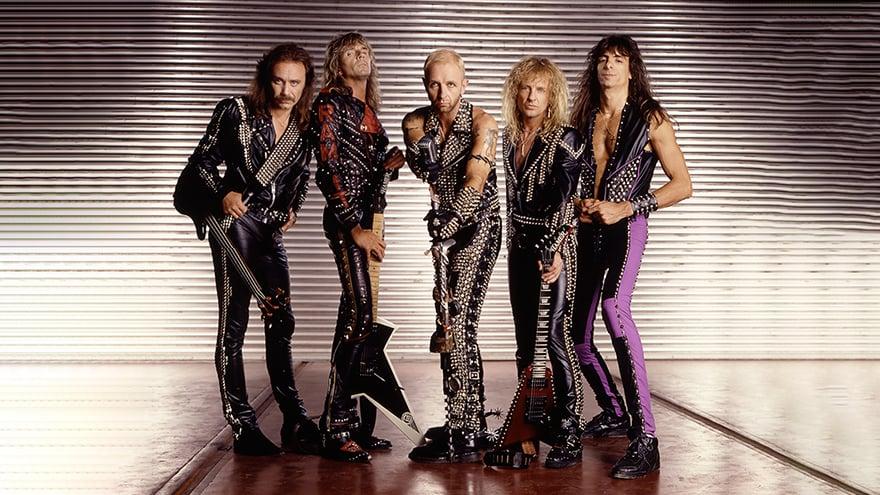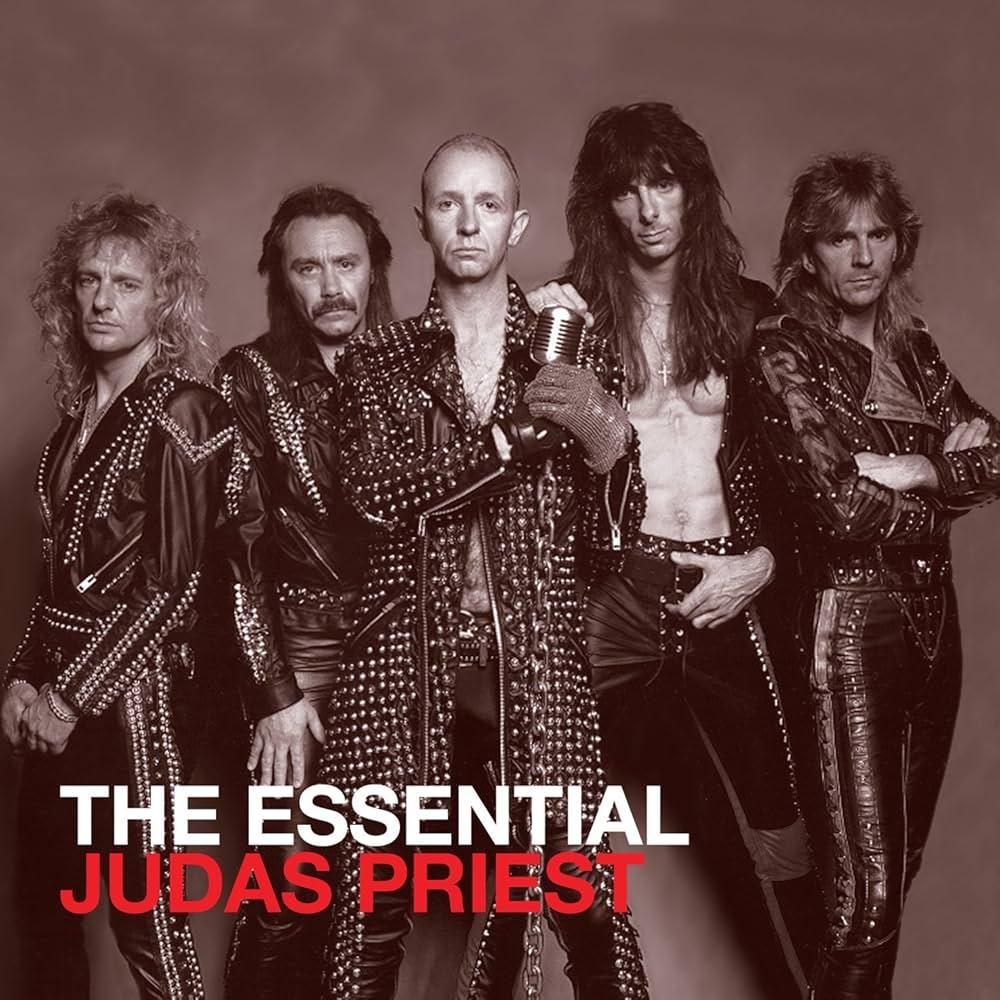Challenges Faced by Richie Faulkner: Insights into His Battle with Brain damage
Richie faulkner,the acclaimed guitarist of Judas Priest,has opened up about his ongoing struggles following a serious medical incident that left him with brain damage. During performances and rehearsals, Faulkner often encounters unexpected challenges that are a direct result of his condition. He has described moments of uncertainty where the very essence of his musical identity feels compromised. The creative process, which once flowed effortlessly, now sometimes encounters significant hurdles that require intense focus and resilience.
In candid interviews, Faulkner has detailed some of the specific difficulties he faces, which include:
- memory lapses: Occasionally forgetting chords and song structures.
- Coordination issues: Struggles with synchronizing his movements on stage.
- Fatigue: Experiencing exhaustion that hampers his performance stamina.
Despite these adversities, Faulkner remains dedicated to his craft. With support from his bandmates and an unwavering passion for music, he continues to find ways to adapt and cope with the obstacles presented by his condition.Each show becomes not just a performance but a testament to his resilience and dedication to the art of heavy metal.

The Impact of Health on performance: Understanding the Physical Demands of Rock Music
The rock music industry is notorious for its physically demanding nature, requiring not only exceptional talent but also remarkable endurance and stamina. For artists like Richie faulkner of Judas Priest, the toll taken by such a high-octane lifestyle can manifest in serious health complications. Faulkner has openly discussed his struggles with performance due to brain damage sustained during a life-threatening medical emergency. This revelation highlights a pressing issue in the music industry, where the pressure to perform at peak levels can overshadow the necessity of prioritizing health and well-being. The implications go beyond individual artists; they create a broader conversation about how we view the relationship between health and performance quality in live music settings.
Musicians often find themselves grappling with the following challenges:
- Physical Strain: The rigors of performances, including long hours spent on stage, can lead to severe physical fatigue and strain.
- Mental Health: The stress of constant travel and public scrutiny can contribute to mental health issues, affecting focus and stage presence.
- Chronic Injuries: Repetitive movements over time can result in chronic injuries that could limit a musician’s ability to perform.
- Influence of Substance Use: The culture surrounding rock music can sometimes lead to substance use, which further hampers an artist’s ability to maintain their health.
As Faulkner’s experience underscores, addressing these challenges is essential for enduring careers in music. Artists must be equipped with awareness and resources to navigate the physical and mental demands of their profession, ensuring that their passion does not come at the expense of their health. The industry must also cultivate an habitat where prioritizing one’s well-being is recognized as a essential component of performance excellence.

Support Systems and Recovery: How the Music Community Can Aid Musicians in Crisis
The challenges faced by musicians in the wake of severe health issues, such as brain damage, remind us of the importance of a robust support system within the music community.For artists like Richie Faulkner,the path to recovery is often paved with both physical and emotional hurdles. While the spotlight can illuminate their talents, it can also cast a shadow on their vulnerabilities. In times of crisis, it is essential that fellow musicians, industry professionals, and fans come together to create an environment where open dialogue and compassion thrive.
Key elements for a supportive community include:
- Resource availability: Access to mental health and medical resources tailored for artists can make a significant difference in recovery.
- Peer Support Networks: Establishing networks that allow musicians to share experiences and provide mutual encouragement is crucial for emotional healing.
- Advocacy and Awareness: Raising awareness about the challenges faced by musicians in crisis can foster a more understanding and empathetic atmosphere within the industry.
- Financial Assistance: Providing financial support during recovery periods can alleviate stress, allowing musicians to focus on their health and rehabilitation.

Navigating the Future: Recommendations for Mental health Awareness in the Music Industry
The challenges faced by musicians like Richie Faulkner highlight the pressing need for enhanced mental health support within the music industry. Mental health issues, often exacerbated by the pressures of fame, touring, and performance, are all too common among artists.To address these concerns effectively, the music industry must foster an environment that prioritizes well-being. Key recommendations for promoting mental health awareness include:
- implementing Training Programs: Encourage record labels and management agencies to offer workshops and seminars focusing on mental health awareness and resilience building.
- Access to Counseling Services: Ensure that artists have easy access to mental health professionals who understand the unique pressures of the music industry.
- Cultivating Open Dialogue: Promote initiatives that encourage musicians to share their mental health experiences without stigma,creating a culture of acceptance and understanding.
- Developing Peer Support Networks: Establish support groups where artists can connect with one another, share coping strategies, and provide mutual encouragement.
Additionally, industry stakeholders shoudl actively engage in partnerships with mental health organizations to research and develop resources tailored for musicians. Given the high rates of anxiety, depression, and other issues faced by performers, comprehensive strategies are essential. By encouraging collaboration among mental health advocates, musicians, and industry leaders, we can create a sustainable framework that not only supports Faulkner and others like him but also nurtures the overall emotional well-being of artists across the spectrum. This collective effort will pave the way for a healthier and more resilient music community.
